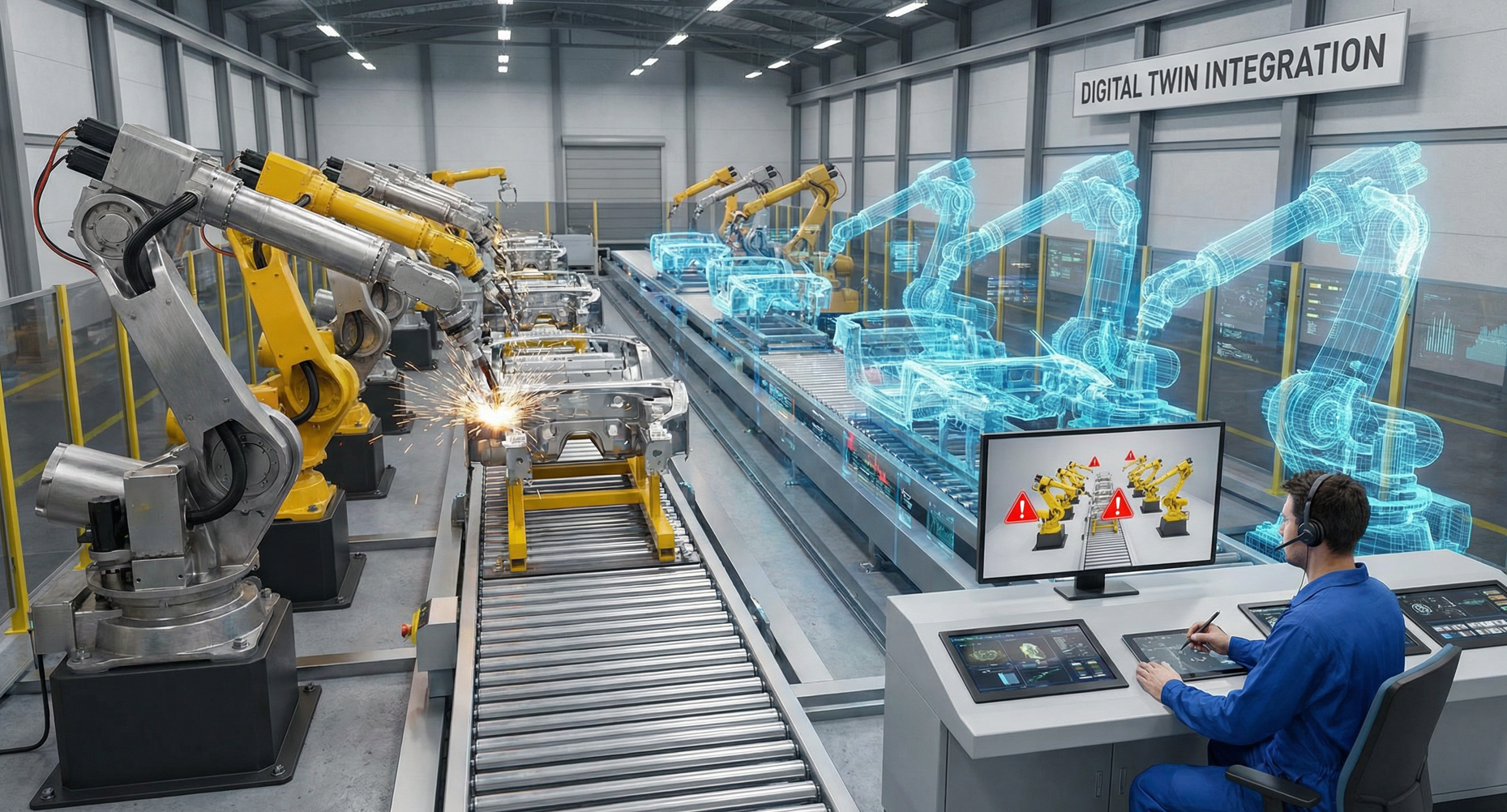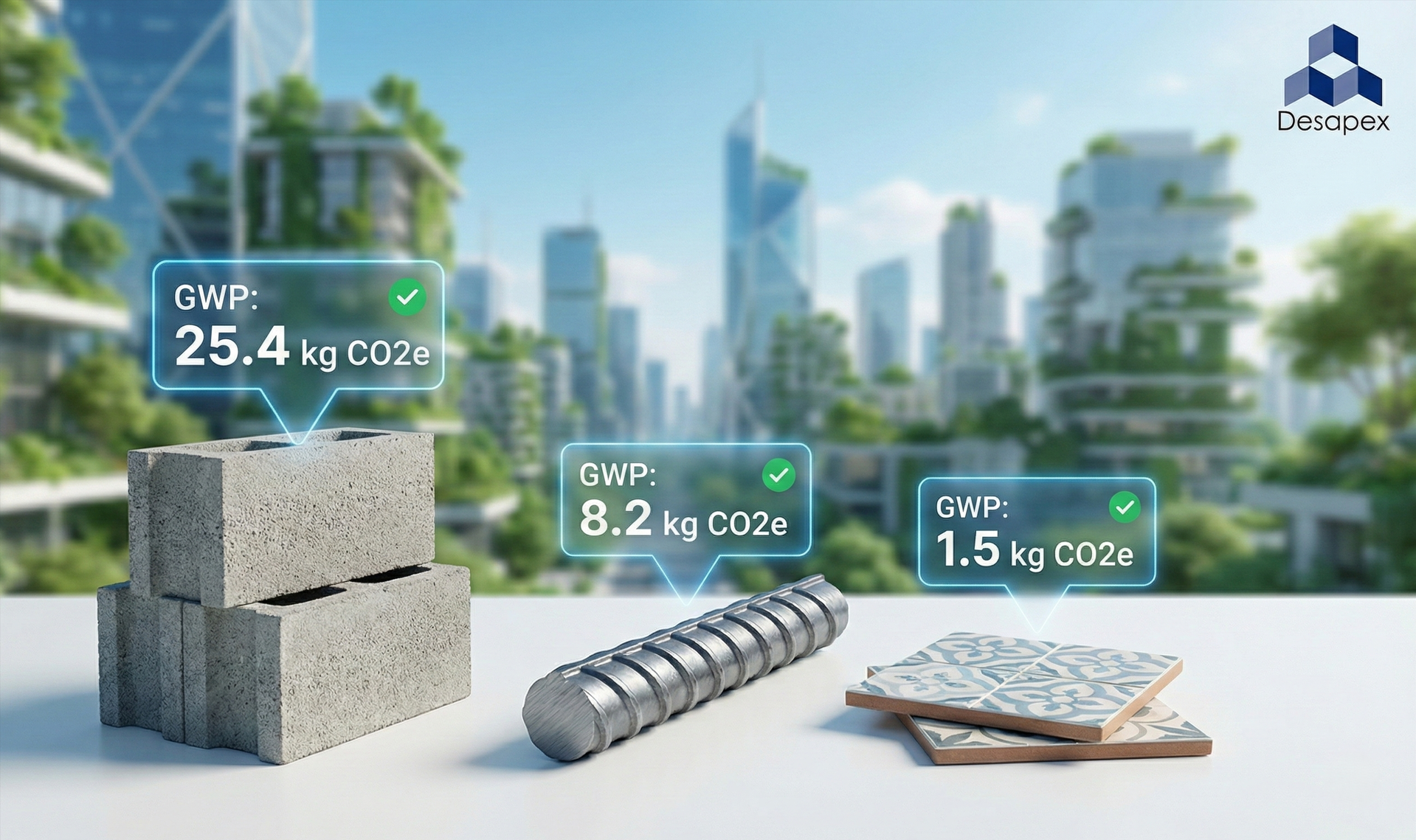Problem Statement from the client :
The client is embarking on the construction of a commercial building project, but faces a significant challenge. A lack of awareness and understanding among stakeholders about ISO19650 processes, documentation requirements, and the Common Data Environment (CDE) is hindering the project's progress. The client's overarching objective is to establish a comprehensive digital framework for the project, leveraging cutting-edge innovative technologies. However, the current knowledge gap in ISO19650 and digital construction practices poses a major obstacle to achieving this goal. Addressing this issue is crucial for the successful implementation of a digital framework and the efficient execution of the commercial building project.
Why ISO 19650
- Standardization: ISO 19650 Part 2 provides a standardized framework for managing information throughout the lifecycle of built assets. This standardization ensures that all stakeholders involved in a construction project or asset management have a common set of guidelines and processes to follow.
- Efficiency: It promotes efficient information management practices, including the creation, sharing, and maintenance of digital documents and data. This efficiency can lead to cost savings and improved project timelines.
- Collaboration: ISO 19650 Part 2 emphasizes collaborative working, enabling various project participants to work together seamlessly. This is crucial in complex construction projects where multiple parties, such as architects, engineers, contractors, and owners, need to coordinate their efforts.
- Risk Reduction: By defining clear processes for information management and documentation, ISO 19650 Part 2 helps reduce the risk of errors, omissions, and disputes. Proper documentation and information exchange can prevent costly rework and legal issues.
- Data Integrity: It ensures the integrity of digital information by specifying requirements for metadata, version control, and security. This is critical for maintaining the accuracy and reliability of project data.
In summary, ISO 19650 Part 2 is important because it sets the groundwork for efficient, standardized, and collaborative information management practices in construction projects, which ultimately contributes to project success.





